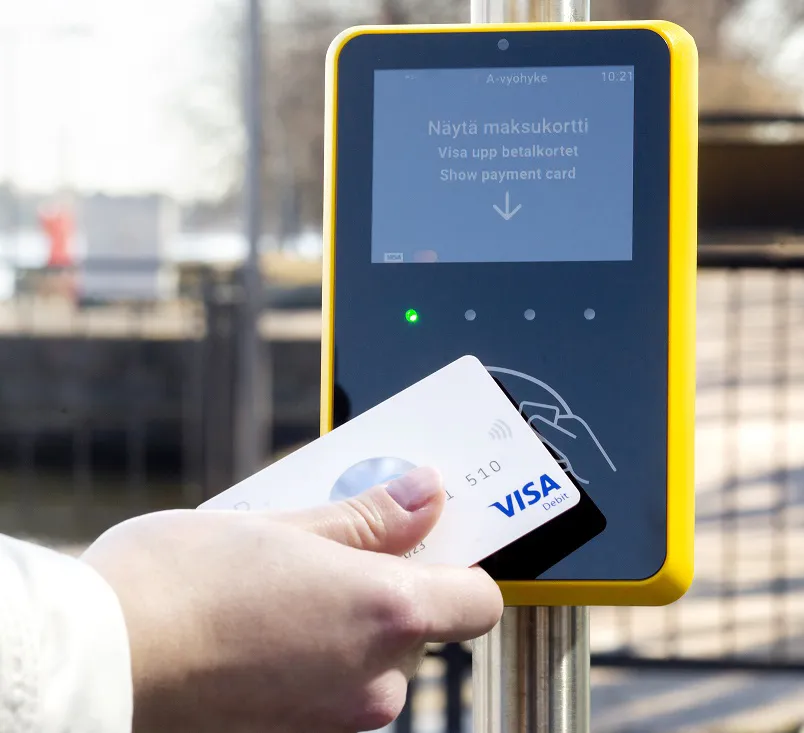Metrolink in Los Angeles has introduced Apple Pay into its mobile ticketing app.
It means commuters can buy tickets with a single tap and avoid typing in credit card numbers, billing information or security codes to complete a transaction. Masabi’s Justride mobility platform powers the application.
May 25, 2018
Read time: 1 min
Metrolink in Los Angeles has introduced Apple Pay into its mobile ticketing app.
It means commuters can buy tickets with a single tap and avoid typing in credit card numbers, billing information or security codes to complete a transaction.
Apple Pay is part of a technology transformation investment Metrolink has made over the past seven months which includes a new website and a GPS train tracker. In addition, Scan & Go is allowing Metrolink App users to scan their phones at metro rail gates to continue their journeys.










